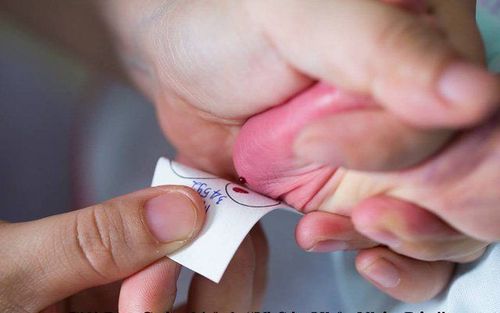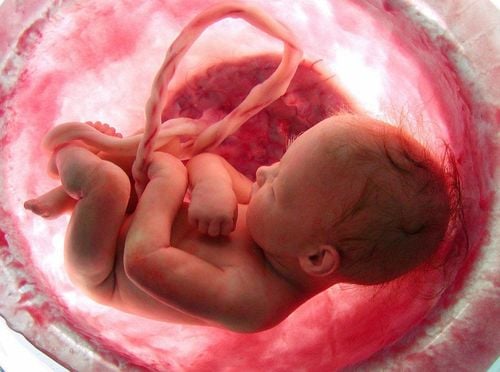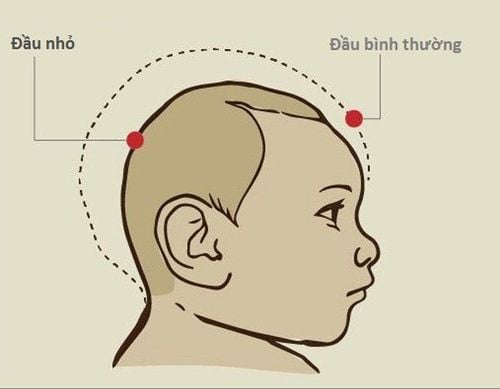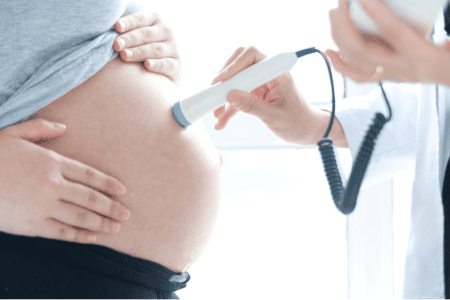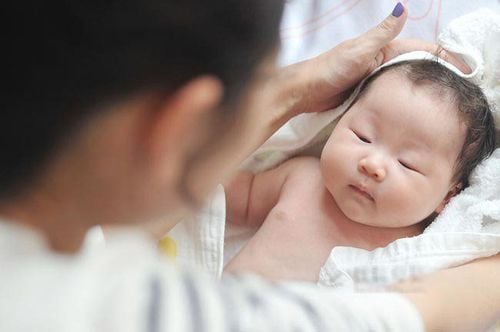This is an automatically translated article.
The article was written by Assoc. Prof. TS.BS Nguyen Viet Nhan - Genetic consultant, Department of Fetal Medicine, Vinmec Times City International General Hospital.Endocrine or genetic diseases are often not evident in newborns, making it difficult for families to recognize that the baby is having problems. intellectual capacity, slow movement, morphological defects in children. Currently, Vinmec Times City General Hospital has implemented effective newborn screening methods to help detect a number of neonatal diseases early, thereby providing timely interventions and treatment.
1. Congenital Deaf Deafness is one of the common birth defects and difficult to detect early. If detected too late, the child will not be able to speak, slow in development because of the loss of communication ability and face many difficulties in learning.
This malformation can be caused by mutations in genes on chromosomes or by other factors such as maternal infection with Rubella virus, CMV ... while pregnant.
Fetal ultrasound cannot detect deafness in the fetus. Newborn screening for hearing loss helps detect, monitor and intervene for deaf children at a very early age to support the child's hearing and speech development by wearing hearing aids as early as 3 to 6 years old. month old.
Screening is done with a Cochlear Acoustic Meter (OAE) or a Brain Stem Electrode (ABR), performed at least 24 hours after birth, is painless and requires no blood draw from the baby. Your child's results will be available immediately after the measurement.
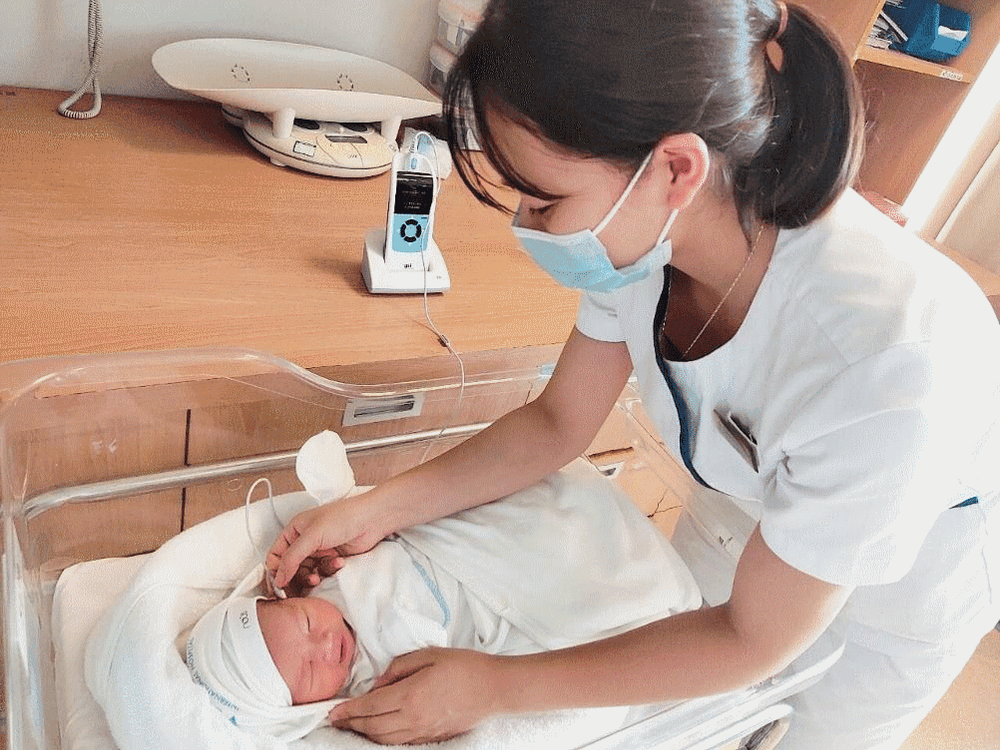
Hình ảnh Điều dưỡng đo âm ốc tai cho bé sơ sinh tại Vinmec Times City
2. Severe Congenital Heart Defect Congenital heart defects are the most common of the birth defects. Some serious heart defects if not detected, intervened and treated early, will seriously affect the health of children.
Currently, fetal ultrasound can help detect congenital heart defects early in the fetus, but only detects about 50% of cases of fetal heart defects. Many cases of children with congenital heart defects are not detected early after birth due to the short hospital stay of the mother and the child, and many children with heart defects do not have serious symptoms soon after birth.
Newborn screening for severe congenital heart defects will allow early detection of children with heart defects for timely intervention and treatment, helping children lead a normal life. Screening is done using an oxygen saturation meter to measure the baby's hands and feet by at least 24 hours after birth, painlessly and without blood drawing. Results will be available immediately after measurement.
Customers can directly go to Vinmec Health system nationwide to visit or contact the hotline here for support.






